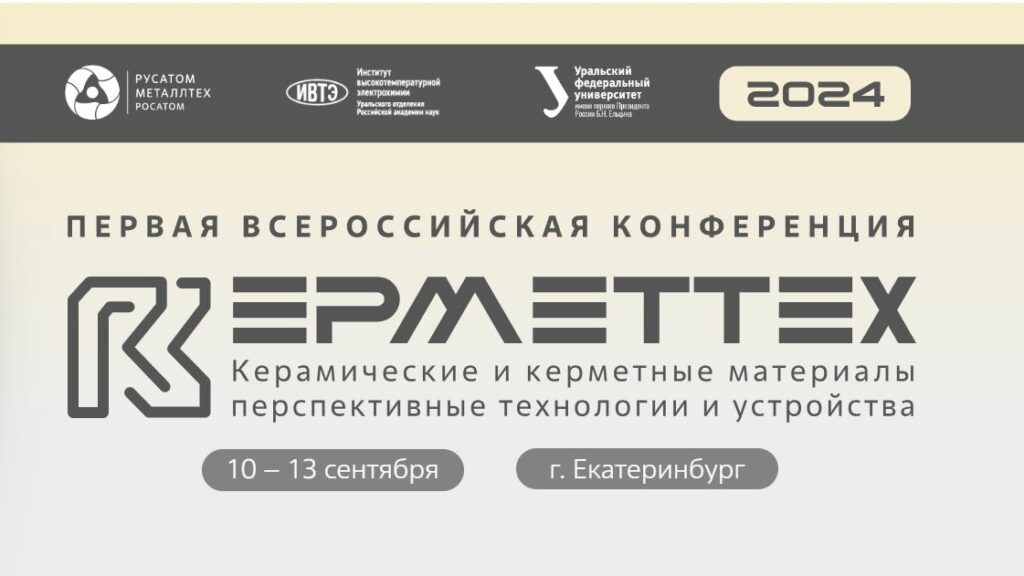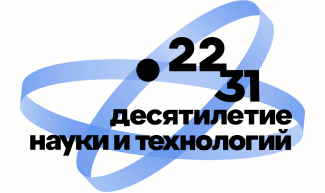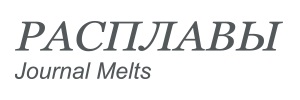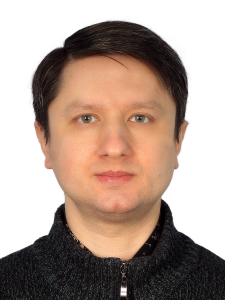
Head of the Laboratory
Vasiliy Dokutovich
PhD in Chemistry
E-mail: v.dokutovich[at]ihte.ru
The Laboratory of Molten Salts is one of the oldest chemistry laboratories in the Ural branch of the Russian Academy of Sciences. From the 1949 to 1988, the laboratory was supervised by M.V. Smirnov, USSR State Prize Winner, Honored Scientist of the RSFSR, DSc (Chemistry). On the base of this laboratory the Institute of Electrochemistry was founded in 1958. In 2014, the Molten Salts Lab integrated with the Lab of Phase Boundary Phenomena and the Lab of Chemical Processes in Ionic Melts.
Now the Laboratory includes 20 employees, among them are 5 DSc and 10 PhDs.
The employees
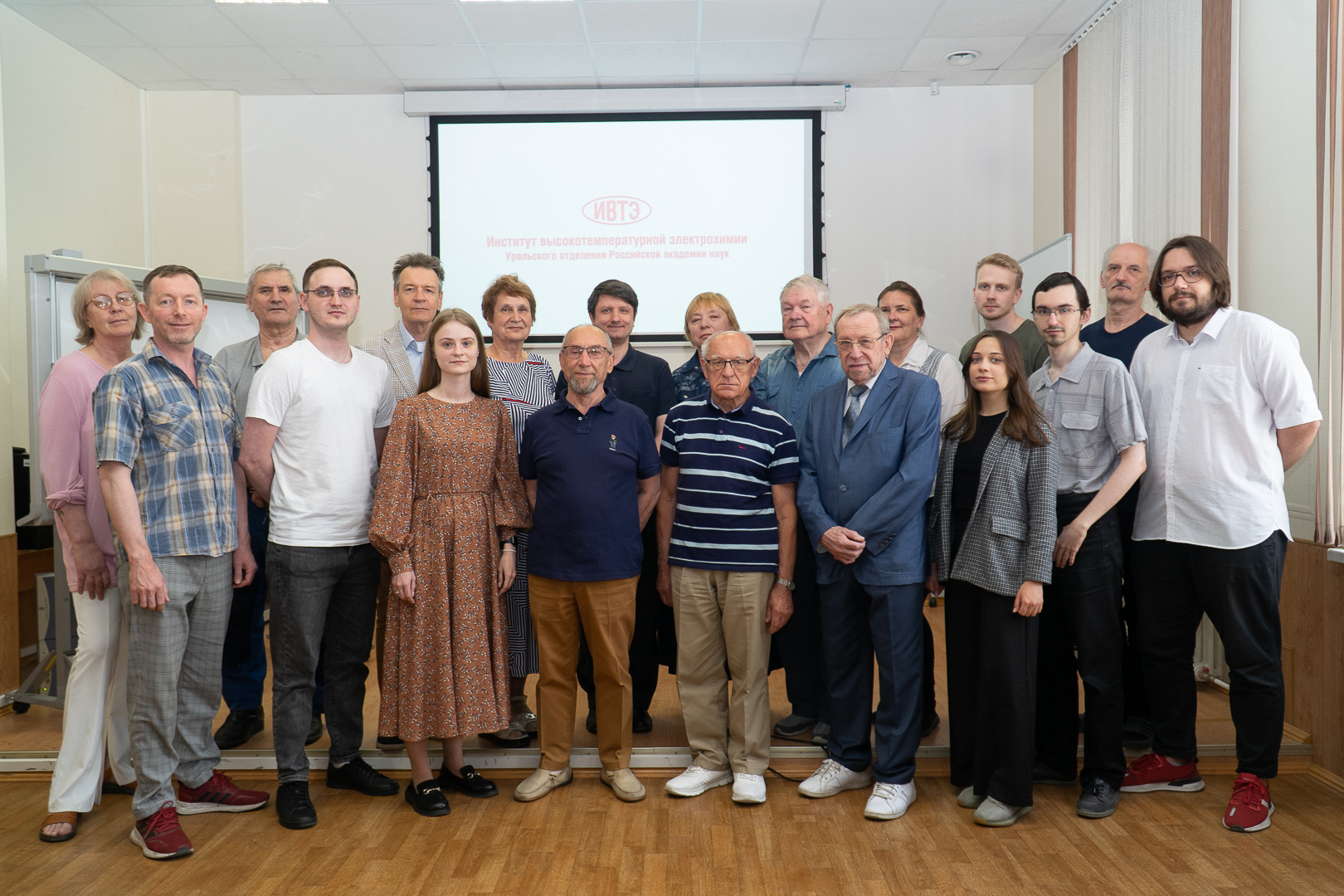
Scientific research fields:
- Physical chemistry and electrochemistry of molten salt electrolytes:
- Theoretical and experimental research of particle heat motion, ion salvation, and complex formation in molten salt electrolytes;
- Measurements of physicochemical and electrochemical properties of salt and salt-metal systems containing ions of transition, rare earth, and radioactive elements in different oxidation states;
- Research of homogenous and heterogeneous oxide-halide melts and synthesis of complex transition metal oxides in these media;
2. Phase boundary phenomena in molten salt electrolytes:
- The theory of phase transitions and phase boundaries in ionic melts;
- Studying the adsorption activity of electrodes and oxide materials in molten electrolytes;
- Experimental research of stratification in molten salts.
3. Thermodynamics, kinetics, and mechanisms of interaction of metals and alloys with molten salts:
- Corrosion and anti-corrosion protection of heat resistant steels and alloys and their components in molten salt and metal-salt media;Spontaneous electrochemical transport reactions in ionic and ionic-electronic molten salts.
The main projects and techniques
Historical perspective: The molten salts lab, the alloys lab, the lab of phase-boundary phenomena (in Russian).

